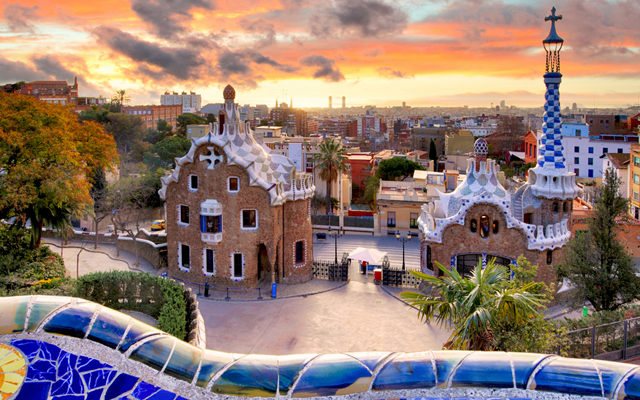As Catalonia’s separatist drive wages on, Spain’s tourism industry as a whole faces losing revenues of 1.2 billion euros (US$1.4 billion) this quarter, a sum that could rise to 1.8 billion euros if there were to be more street protests, nationwide tourism lobbyist group Alianza para la Excelencia Turística (Exceltur) warns.
Visitor fears of further demonstrations and uncertainty over the region’s political future have reduced advance bookings for Catalonia for the final three months of 2017 by some 20 per cent compared to last year, according to the group.

José Luis Zoreda, executive vice president of Exceltur, said member companies consulted were particularly worried about the impact on the regional capital, Barcelona, which benefits from its southerly location in Europe for attracting winter and especially MICE tourism.
“It is now right in season for conferences and leisure and shopping tourism,” he pointed out, at a time when Spain’s popular beach holiday season wanes.
While the region’s instability was not yet affecting other parts of Spain, a 20 per cent drop in Catalonia would cut the expected annual growth for Spain’s tourism as a whole from 4.1 per cent to 3.1 per cent.
While there has been no news yet of tourism companies moving their headquarters out of Barcelona, as has been happening with other industries, Zoreda said a brake has been put on scheduled investments.
In comparison, the terror attacks in Barcelona and the nearby resort of Cambrils in mid August at the height of the sun and beach holiday season have had “a very limited impact on tourism.”
“It is very positive to underline that (nationwide) revenue is growing faster than visitor numbers,” said Exceltur’s director of research, Oscar Perelli.
The average tourism spend in the country in peak summer had risen by almost seven per cent, while year on year business travel spending was up by over 22 per cent.




















